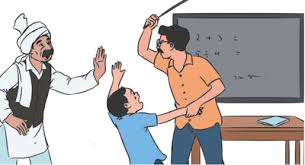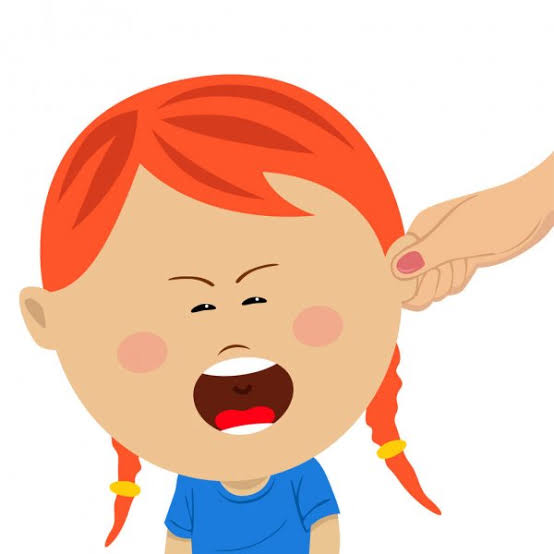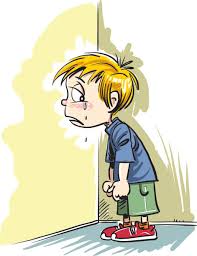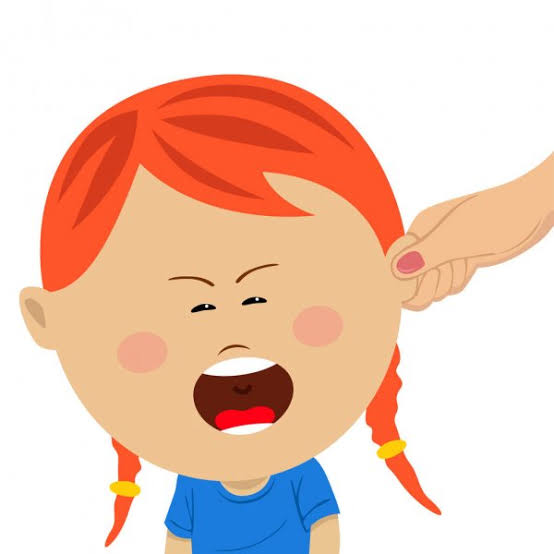
Most of us in Kenya have undergone corporal punishment at one point or the other. Did it do more harm than good? Was it helpful? Did you deserve it? Did it play a key role in defining who you are or have grown up to become? Even though research has shown that corporal punishment can have crippling effects on children, many parents still seem to overlook these findings.Knowing and understanding the effects that corporal punishment could have on our children, both mentally and physically, is important before making a decision on whether or not corporal punishment should be justified.

Spanking causes physical and psychological harm to children, affects the social interactions of the children, and creates a cycle of violence in the society. It can lead to aggression and can also cause physical harm to the child. The United Nations Committee on the Rights of the Child in 2006 issued a directive that referred to physical punishment as ‘legal violence against children’ and proposed that it should be done with in all settings including at home. Even though corporal punishment can work momentarily because the kids are afraid of being hit, it does not yield fruit in the long run; it only makes the children become more aggressive since they are learning this aggressive behavior through modelling. When parents try to modify their children’s behavior by inflicting pain, then these children are more likely to do the same when they want to influence the actions or decisions of others.

Corporal punishment has been seen to bring about violence in people. In a study that was published in “Child Abuse and Neglect”, there has been found to be an intergenerational cycle of violence among those families where corporal punishment was used. This is because these children who were hit while growing up have embraced hitting and violence as a means to solve disagreements and conflicts. Most of the parents who underwent corporal punishment use it on their children as well, who in turn find it an acceptable method of instilling discipline.

Reports show that physical discipline can cause medical conditions such as asthma, cardiovascular diseases, obesity, decreased cerebral gray matter, and neoplasia (the uncontrolled, abnormal growth of cells). Moreover, some metabolic disorders such as high blood pressure, diabetes, high glycosylated haemoglobin, and reduction in oxygen consumption levels are associated with adverse childhood experiences. These age-related diseases become predominantly expressed in children who have endured psychosocial experiences such as corporal punishment.

Even though physical punishment does not guarantee all these negative mental and physical effects, using it more frequently and severely puts our children at risk of the mentioned effects. Use of corporal punishment as the primary tool for discipline puts the children at a very high risk to their health – a risk which parents would not put their children into if they understood its grave consequences.
SharonahKen ♥️♥️♥️


No secret many of us are violent or have ptsd or have relational issues with others
Made others insecure, depressed or rebellious. Others developed low self esteem and worth while others just became a shell of themselves
Others were broken because an adult saw them as too much, or rude.
Others flinch when you raise your hand and others turn to violent rage when they feel boxed in
LikeLiked by 1 person
This is so true. We should find methods of disciplining in love.
LikeLike
This is so true. Corporal punishment just brings about fear not actual discipline and has numerous bad effects on kids. Definitely doing more harm than good.
LikeLiked by 1 person
Yes. There are other methods of disciplining children.
LikeLiked by 1 person